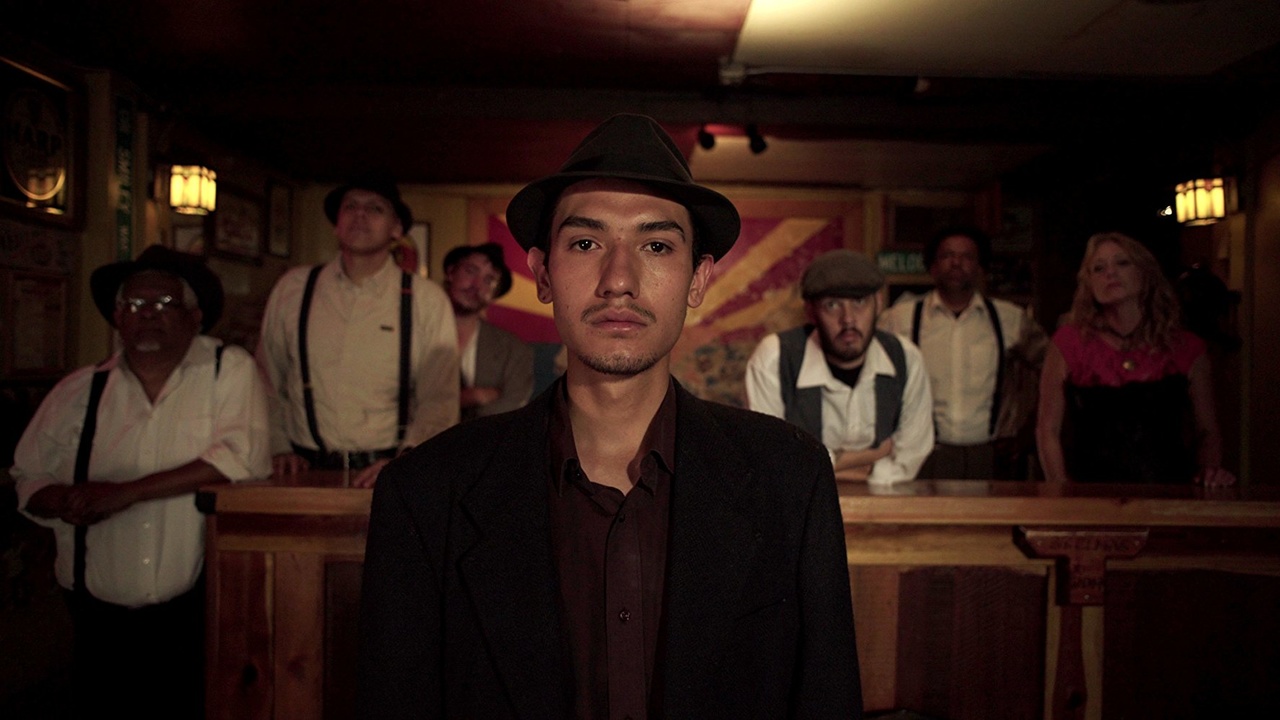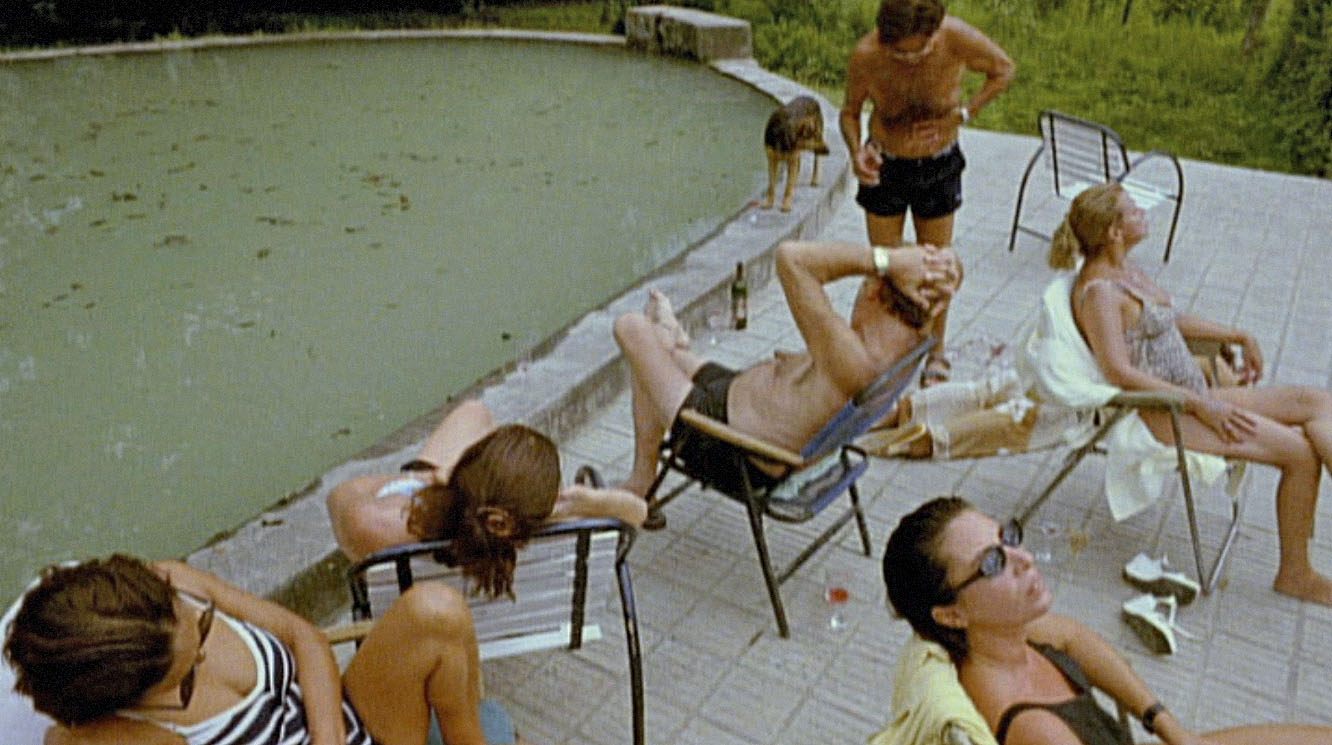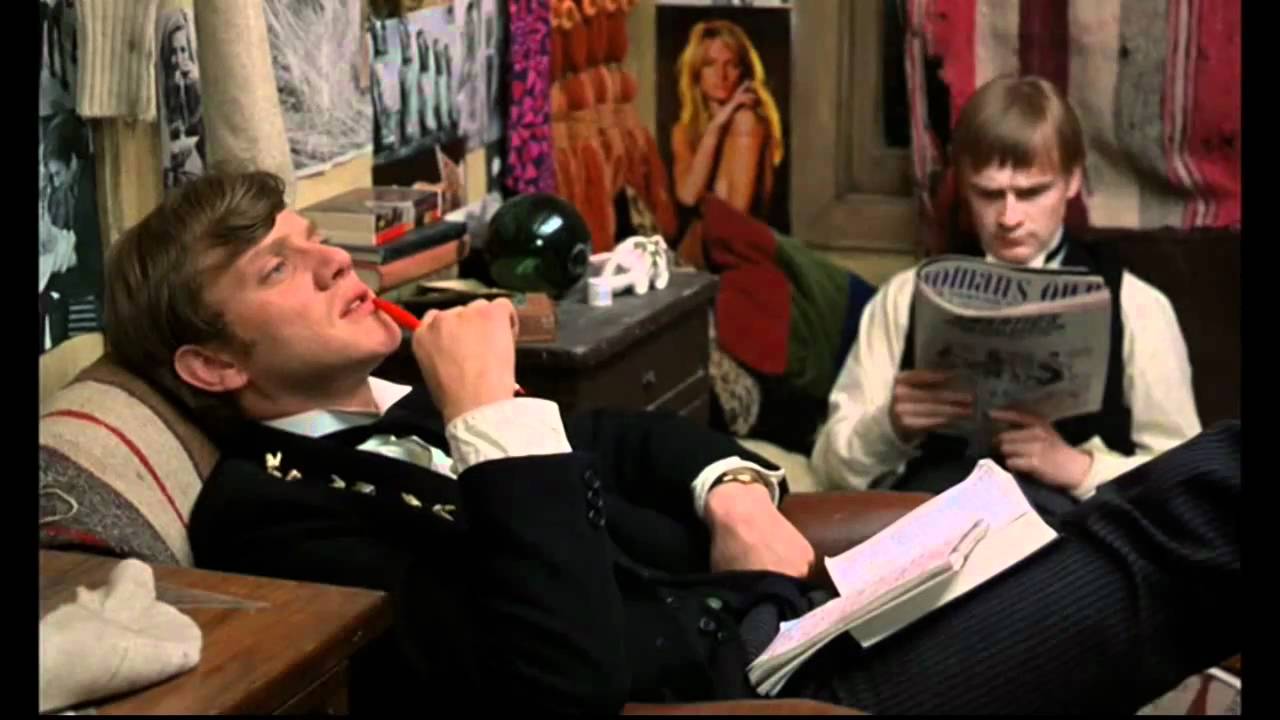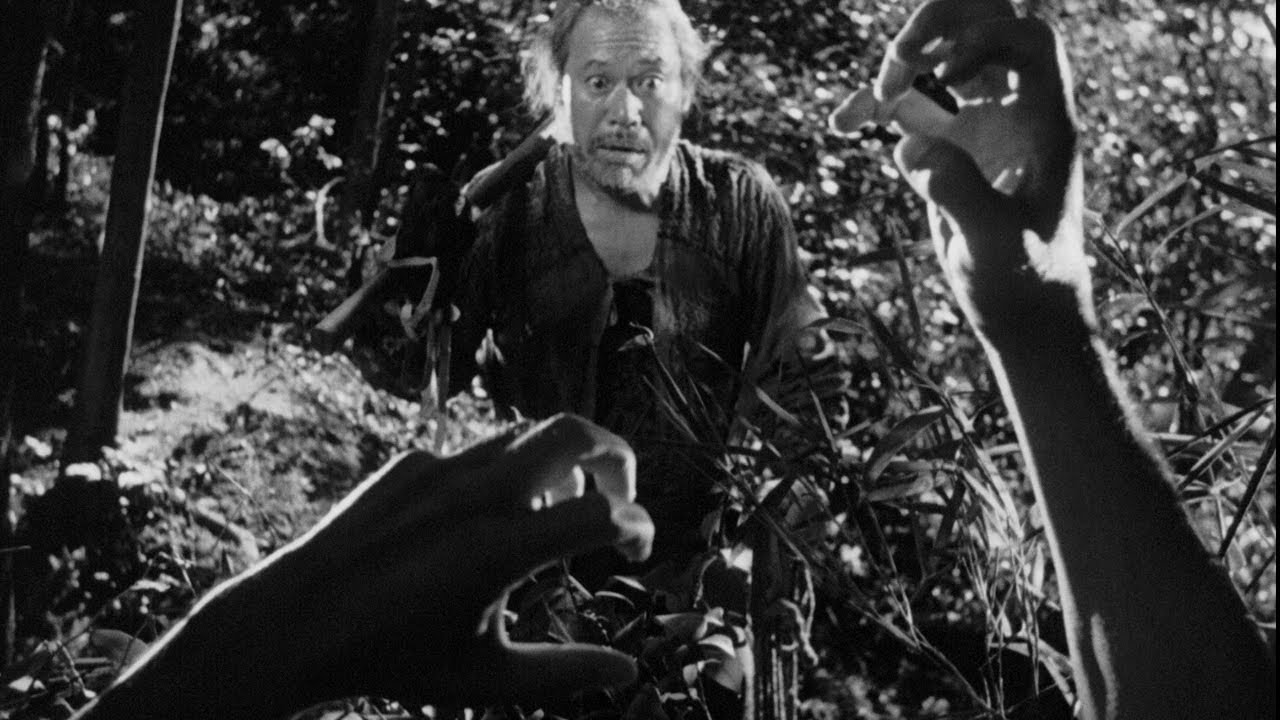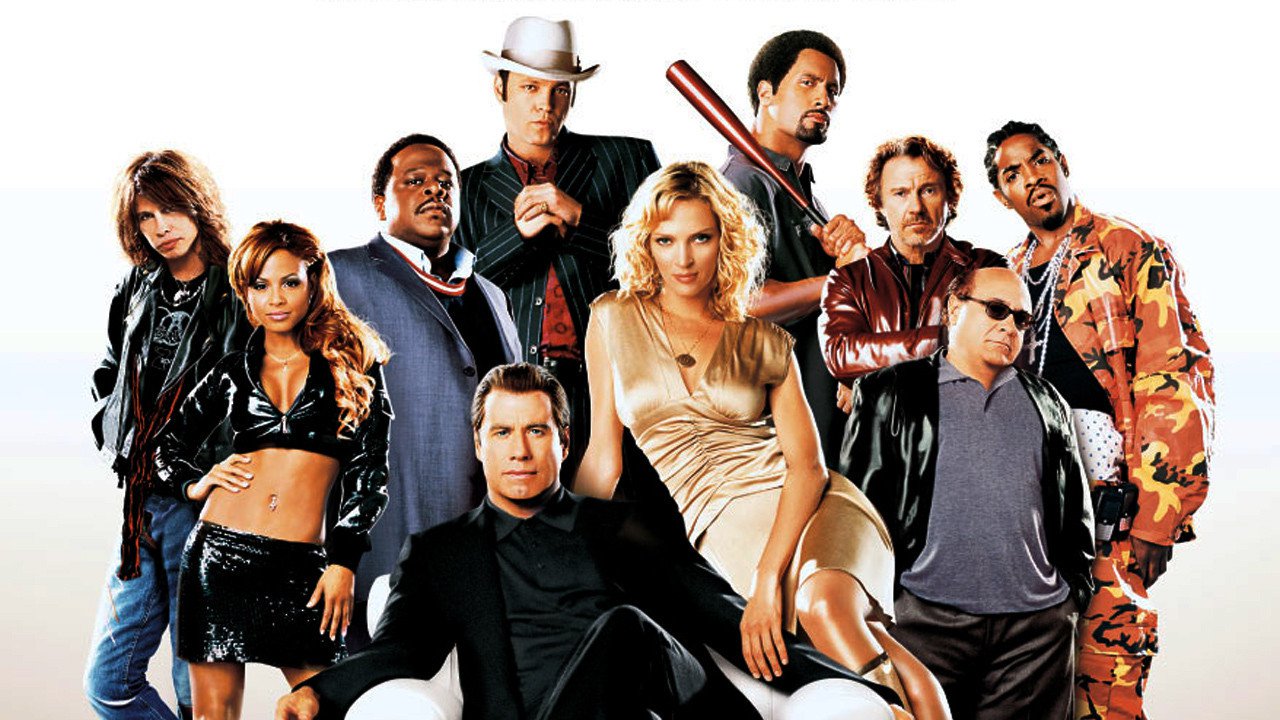If Monty Python’s “Summarize Proust Competition” had been real, it would be a cakewalk (“A man reminisces a lot, goes to a party, and decides to write the book you’re reading”). A far harder version would take aim at a much shorter book: Chandler’s The Big Sleep.
Commentary
Certain genres, subgenres, movements, categories of art have threatened to purify themselves, if not into silence entirely, at least so far out of the artistic mainstream that it becomes something wholly inward, communicating only with itself.
There are two types of genres that risk such a fate: the most avant-garde and the most lowbrow.
On the face of things, Robert Greene‘s Bisbee ’17 and Lee Ann Schmitt‘s Purge This Land don’t look a lot alike. They’re both documentaries, and they both screened at the recently-concluded San Francisco International Film Fest, but in subject and approach, they seem worlds apart.
There’s something perverse in writing about Lucrecia Martel. The silence of words on a page seem singularly ill-equipped to convey the senses of a director so attuned to aural dreamscapes, to stories told with particular cadences and rhythms as much as a personal vision.
Laura Bohannan was preparing to leave to study the rituals of the Tiv people in West Africa when she got into a disagreement with a fellow Oxford professor, who claimed that Americans, not steeped in English culture, naturally misunderstand Hamlet.
All movies, of course, come to us pre-packaged in some way, sure. But there is packaging, and there is packaging.
1979’s The Visitor is firmly in the second camp, at least for those of us who see it for the first time now, in hi-def, remastered form and given an aura of the cult secret.
Boredom is Counterrevolutionary: The 1968 Youth Revolts of If… and Wild In The Streets
Amid all its other signifiers, then and now, 1968 was about youth – its dangerous and liberatory possibilities. Two years earlier, Godard had cheekily announced the arrival of “the children of Marx and Coca-Cola,” but ’68 was their decidedly anarchic coming out party, from Nanterres to Columbia University to Mexico City to the Red Square.
How did I first come into contact with the idea of Rashomon? It was definitely a sitcom episode — but which one? Was it the episode of All in the Family that copied it? Or the episode of Everybody Loves Raymond in which Ray and Debra gave different versions of a fight?
With the 50th anniversary of May ’68 – and the famed “events” thereof – approaching, it was a good time to come across the vital documentary Henri Langlois: Phantom of the Cinematheque at my local library. Jacques Richard‘s seven-years-in-the-making account of the father of film preservation only briefly touches on those events, and has its eyes too fixed to the screen to contextualize them rigorously in the larger social upheaval of that year, but it’s scope feels right all the same.
Welcome to Fan Service, a new, typically sporadic (#onbrand) feature in which I feed the hungry beasts / wonderful humans of Patreon by focusing on a subject of their choice. (As with most things, this is borrowed from Nathan Rabin, though in fairness, for all his accomplishments, I’m not sure he can technically claim to have invented “taking requests.”)



